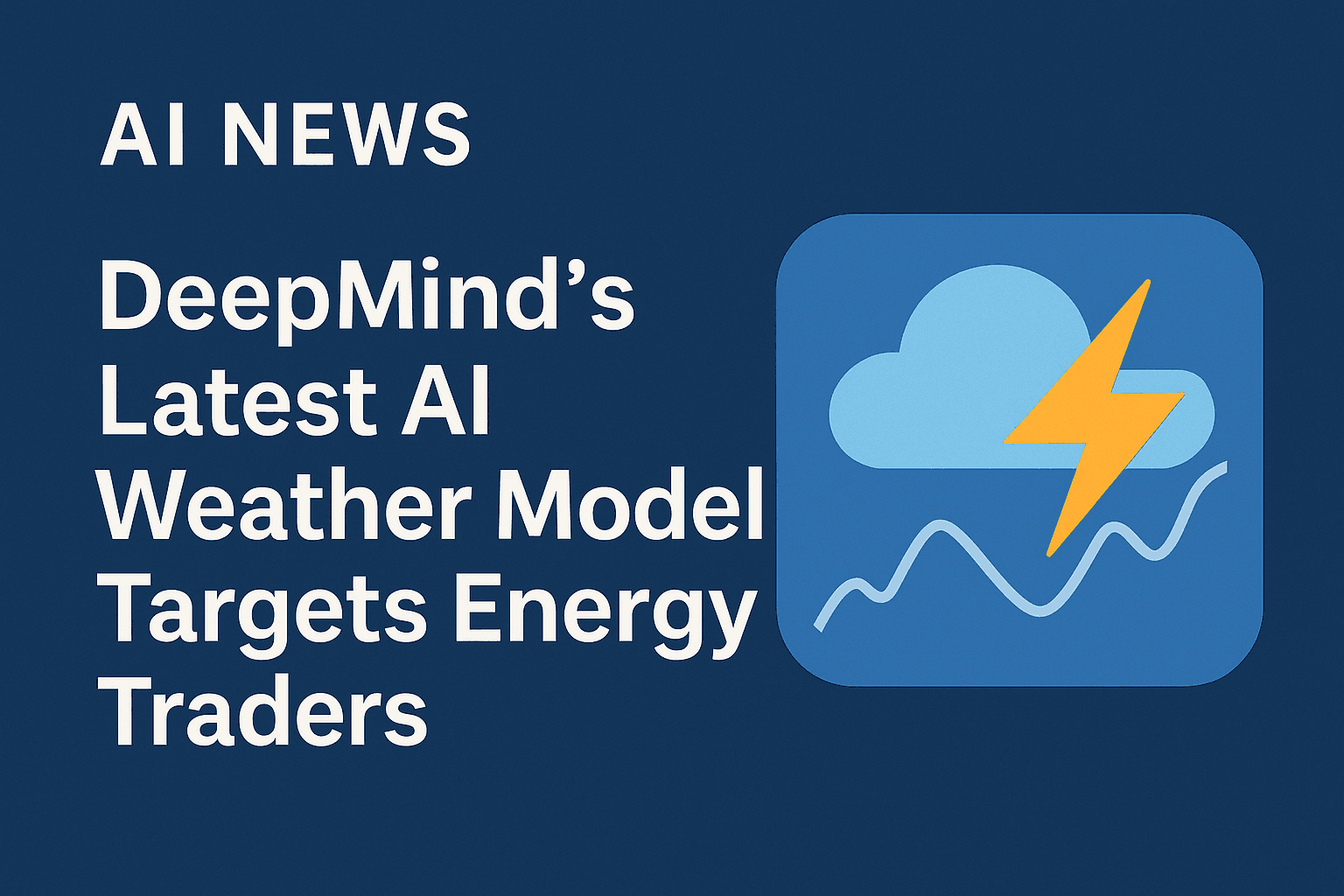AI research organization DeepMind has unveiled a new weather-prediction model that dramatically improves accuracy and is now being targeted for deployment in the energy trading sector.
The model is designed to address the volatility inherent in renewable energy sources such as wind and solar by delivering real-time weather forecasts that can inform trading and risk-management decisions. DeepMind has indicated that the system is moving into a “production phase for energy traders,” signaling a shift in AI’s role from scientific research toward financial-market infrastructure.
At the same time, the expansion of predictive AI into the trading world raises critical ethical, regulatory and operational questions. Over-reliance on machine forecasts could expose markets to unanticipated weather anomalies, geopolitical shifts or model biases. The industry now faces the challenge of proving these systems’ robustness and accountability in live deployment.
With Japan’s power and carbon markets accelerating, local energy companies may soon need to evaluate their own adoption strategy for this kind of AI-driven forecasting. The question now is not just “if” but “how and when” such systems will integrate into global energy trade workflows.
